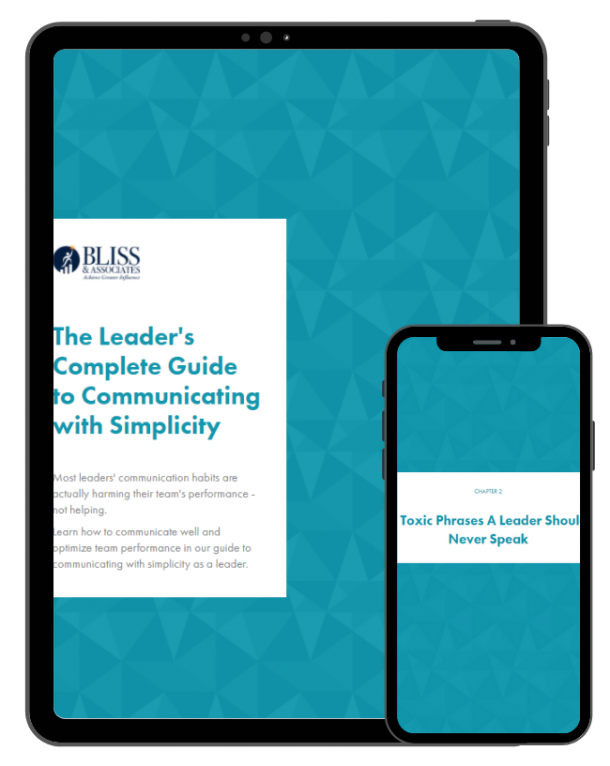
If you are like many people I interact with, the answer to this question is “yes” more often than not. In full disclosure, I am in a hurry as I write this! And I know the cause for my haste – I have a lot of deadlines to meet in the next few days in a variety of areas including business and life in general.
The subject of being in a hurry has come up several times for me recently. It’s been a reoccurring theme in books, podcasts, sermons, and even a recent discussion with one of my mentors about the impact being in a hurry has on our work. I’ve learned enough to know that when I hear a topic with such frequency from multiple, unrelated sources, I would do well to take notice. So writing about this will likely help me more than you, though I’m sure you will benefit as well.
Being in a hurry means we can’t focus, think or concentrate on fewer things at a deep level. Being in a hurry suggests we can multi-task, which virtually all the brain research I have seen says is impossible. If two or more activities require the same brain functionality, such as listening to a conversation and reading an email, we are physically unable to focus on both activities at a high level of concentration. Conversely, two or more activities requiring different brain functionality, such as walking and talking, can be accomplished simultaneously at high levels of effectiveness.
Just last week, I was facilitating a training session with a group of 35 professionals who work in the same department of a client organization. We discussed effective participation at departmental meetings where many of the people “attend” virtually – on a conference call line. It turns out a common occurrence when someone asks a question is to receive silence in response. Obviously the person being asked the question is focused on something else. When they finally realize the question is directed to them, their flustered reply is, “Ah…would you mind repeating the question?”
Certainly, you have been in a similar situation, if not been the cause of it…I know I have!
Being in a hurry has its root in what I believe are two key issues: fear and scarcity thinking. Both of these elements share a common mindset – “If I don’t act now, I will miss out on something important to me.”
You may be familiar with the acronym FOMO – fear of missing out. Examples include:
- Getting our fair share of a limited resource before others have a chance to get their share – this is the essence of scarcity thinking. Pause for a moment and conduct a little exercise with me: take a deep breath, hold it and let it out. Were you at all concerned where the next breath would come from? Of course not.
- Arriving late and only having the scraps or leftovers – this happens when we feel a need to be in control of a situation and ensure we obtain what we believe we deserve.
- Approaching a situation with a competitive, not creative frame of mind. Viewing situations from a competitive point of view can lead us to work hard to win at another person’s expense. Viewing situations from a creative point of view generally leads to a higher willingness to collaborate with others and allow for the examination of many possibilities.
- Being in a hurry can lead to higher levels of physical and emotional stress, along with anxiety. Anxiety can be experienced when we imagine all kinds of scenarios playing out in a given situation; the scenarios are generally negative and will never see the real light of day. Studies indicate 93% of the things we are anxious about will never happen. But wait…what about the other 7%?
The point is that what you focus on determines how present and effective you can be in a given situation, including at work. A friend of mine says, “FEAR is False Evidence Appearing Real.” In the client session I referred to above, I gave the group a “facts vs. assumptions” exercise which acted as a window for the participants to gain insight into the typical way they interacted and drew conclusions. By slowing down and examining the dynamics at play, they are now able to have more productive meetings and better communication.
Hopefully you can see being in a hurry in many situations is not necessarily a cause in itself. Being in a hurry is the result of something going on beneath the surface. Hurry is the tip of the iceberg and there is likely a larger, hidden condition below the surface.
Are you in a hurry or do you intentionally take some time each day to seriously reflect, think and plan? Hopefully, you will take some time to ask yourself this question and REALLY reflect on your answer. It could be the catalyst to achieving greater results you desire to have in your life.
Best regards,
Bill

